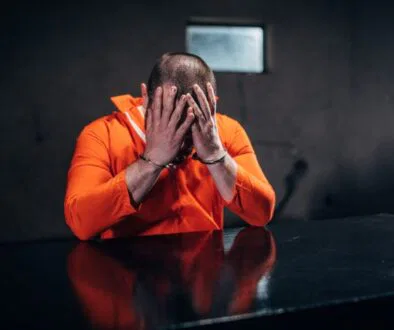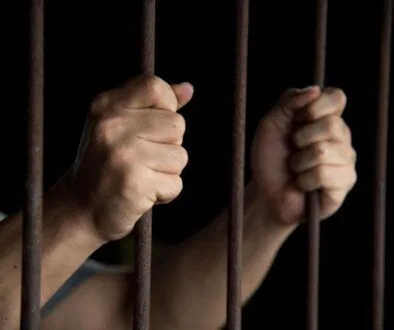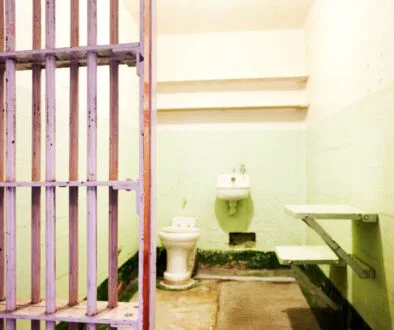Unsupervised Probation: What Is It and How Does It Work?
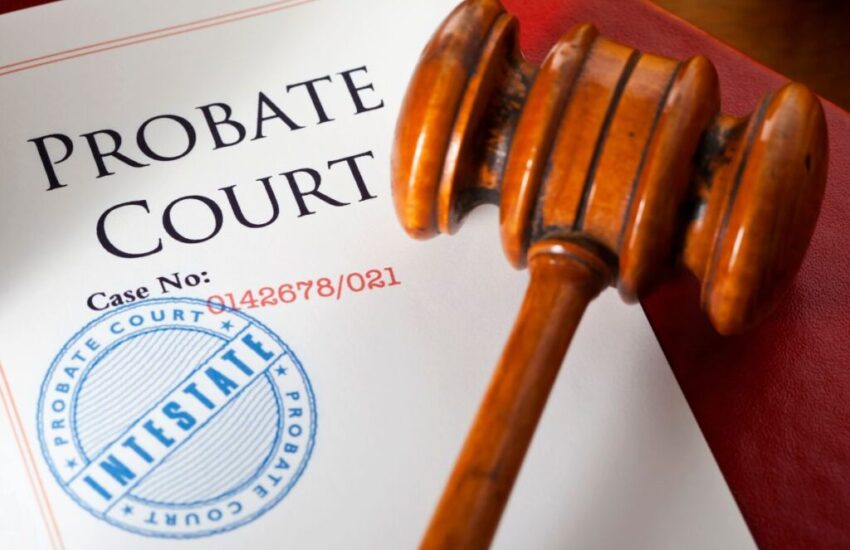
Published June 29, 2024
What Is Unsupervised Probation?
Unsupervised probation is a form where reporting to a probation officer does not exist. Instead, you are released into the community, as opposed to incarcerated, after a criminal conviction. Here, you report to either:
- The court
- A private company under contract with a state’s Probation Department
On the contrary, ordinary probation in criminal cases is where an offender.
- Is released into the community and
- Is under the control of a probation officer
Who Is Eligible for Unsupervised Probation?
There is a higher chance of granting unsupervised probation if convicted of a non-violent, low-level felony or misdemeanor. It is also the case if you are a first-level offender.
That said, supervised probation may still be possible in place of jail time for those not granted unsupervised probation.
You can heighten your chances of probation by acting between your arrest and sentencing. Actions that can increase your case of securing probation include:
- Supporting your family
- Being active in your community
- Maintaining awarding employment
- Voluntarily submitting yourself for professional chemical and mental health assessments. Completion of any program recommendations.
Conditions of Unsupervised Probation
Probations of either type carry certain conditions you must meet to stay out of jail. These conditions differ depending on the nature of the crime.
- Maintaining a curfew
- Not contacting the victim
- Acting in community service
- Allowing home or employer visits
- Submitting to random drug or alcohol testing
- Ban the use, sale, or possession of alcohol and drugs
- Abiding to search and seizure of property or vehicle
- Not contacting any people who are convicted of crimes
- Not possessing any type of weapon or firearm
- Attending counseling, i.e., anger management or alcohol counseling
- Not leaving the state without securing written permission from a probation officer
- Wearing a tracking device such as an ankle monitor
What Do You Have To Do While on Unsupervised Probation?
Like supervised probation, you must still comply with specific terms and conditions. Depending on the facts of the case along with the criminal charges one is convicted of, these are the things you have to do while on unsupervised probation:
- Make all court appearances, render the court with progress reports
- Not committing a new offense
- Settling fines
- Performing community service
Advantages of Unsupervised Probation
Unsupervised probation presents numerous advantages for low-level misdemeanor offenders. One significant benefit is the potential cost savings for offenders. They no longer have to reimburse supervision fees for meeting a probation officer, which can ease financial burdens for individuals who may already be facing difficulties due to their legal situation.
In addition, its terms are generally less severe than those of supervised probation. Unsupervised probation provides individuals with more flexibility and freedom in their daily lives. It may involve fewer restrictions on travel or association. It allows individuals to carry on their routines with minimal disruption. It has a more relaxed nature.
Additionally, not having to meet with a probation officer offers independence and autonomy. This can be advantageous for those leading busy lives or living in areas with limited access to probation officers.
Is Probation Better Than Going to Jail?
Probation is by far preferable to a jail sentence for nearly everyone. Even though you are required to abide by specific rules and restrictions, you can remain in the community. Also, they want to maintain far more freedom than those in jail. You get to preserve employment and spend time with your loved ones.
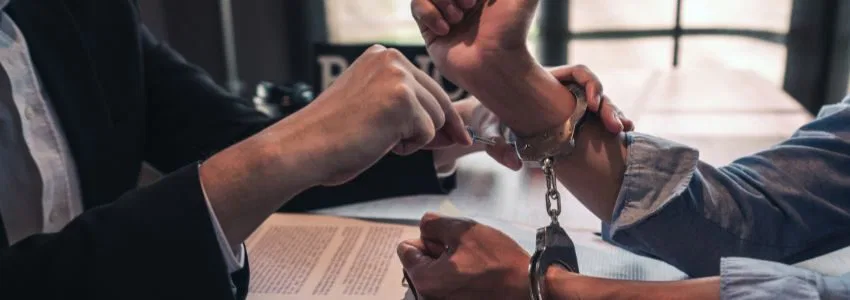
ADVERTISEMENT
Frequently Asked Questions About Unsupervised Probation.
What is unsupervised probation?
Unsupervised probation is a type of probation that allows an individual who has been sentenced for a crime to serve their probation period with minimal to no direct supervision.
How does unsupervised probation work in NC?
- Unsupervised probation is typically allowed under Structured Sentencing. It is usually granted for less severe offenses or to individuals deemed low-risk.
- Unlike supervised probation, there are no regular meetings with a probation officer.
- Even without direct supervision, individuals must still comply with all court-ordered conditions.
- Individuals must remain law-abiding. Violations of terms can lead to penalties or conversion to supervised probation.
When probation is not allowed?
- Serious felonies
- Repeat offenders
- Mandatory minimum sentences
- Violation of probation terms
- Flight risk or public safety concerns
- Lack of rehabilitation programs
How long is the period of probation?
Probation periods can vary widely based on the nature of the offense and jurisdiction. They can last from a few months to several years.
Unsupervised probation is a less restrictive form of probation. It is typically granted to low level misdemeanor offenders who pose minimal risk to the community. This type of probation permits offenders to maintain a greater degree of normalcy in their lives while being held accountable for their actions. Further, it lessens the burden on the criminal justice system by mitigating the resources needed for supervision.
Reduce Your Jail Call Costs By Up To 90% Per Minute With GlobalTel
GlobalTel’s inmate calling service lowers jail call per minute rates by up to 90% for jail calls from US facilities. Sign up now and use the special jail call phone number we create for you to eliminate the long distance jail call fees. Try GlobalTel for only $45.99 for 90 days. Make US/domestic and international jail calls at the local rate and stay connected to your incarcerated loved ones for less. Learn more about how to sign up for calls from inmates here.

This Content Is Fact Checked
Our esteemed team of specialists has thoroughly validated the accuracy of this information. Discover further details about the rigorous editorial guidelines for our website here.
ADVERTISEMENT

About The Author
I am Tracy Gorman, a seasoned writer with a passion for crafting content on various subjects. I possess the expertise to delve into any niche and deliver exceptional articles.

